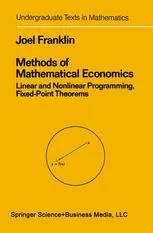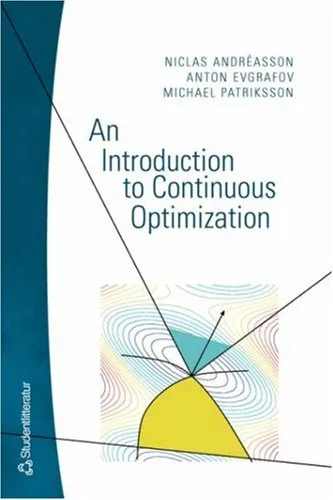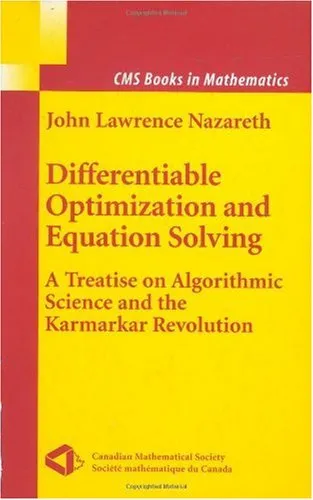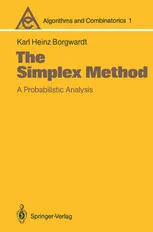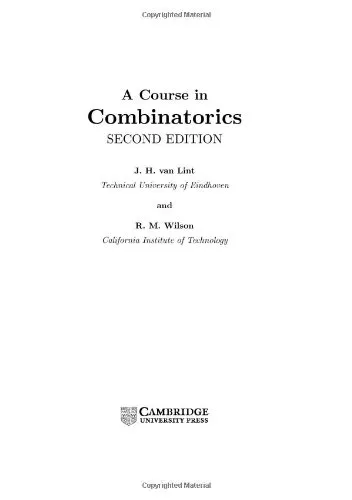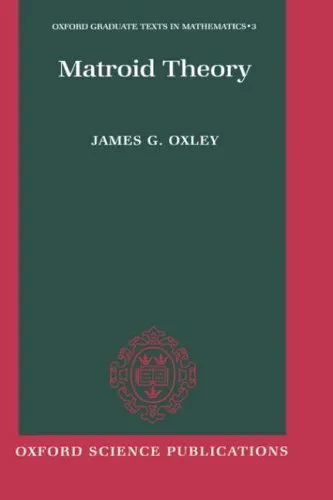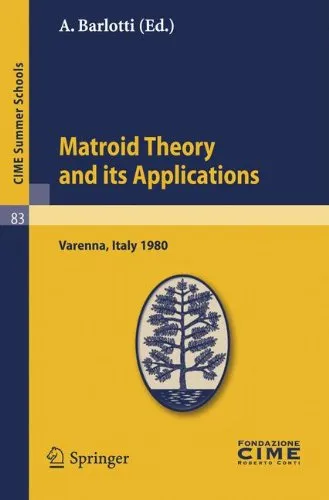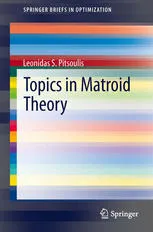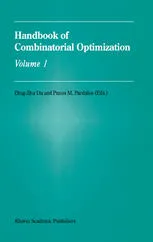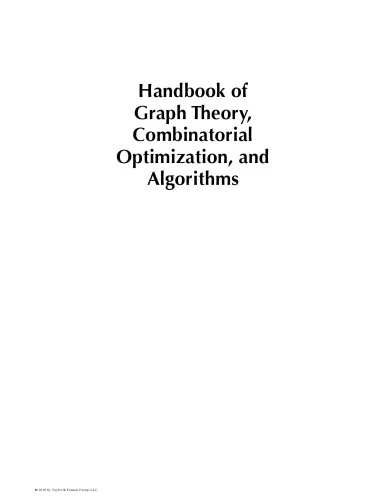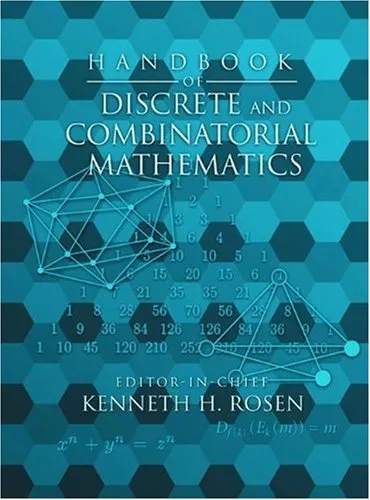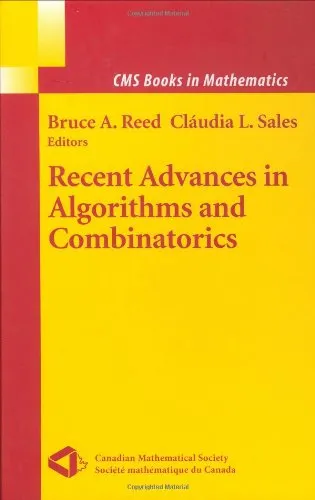Methods of Mathematical Economics: Linear and Nonlinear Programming, Fixed-Point Theorems
4.5
Reviews from our users

You Can Ask your questions from this book's AI after Login
Each download or ask from book AI costs 2 points. To earn more free points, please visit the Points Guide Page and complete some valuable actions.Related Refrences:
Introduction to "Methods of Mathematical Economics: Linear and Nonlinear Programming, Fixed-Point Theorems"
Welcome to a journey through the fundamental techniques that govern the realm of mathematical economics. This book serves as a comprehensive guide to essential tools such as linear and nonlinear programming and fixed-point theorems, which are pivotal in understanding and formulating economic models.
Detailed Summary
In today’s complex economic landscape, mathematical methods provide critical insights and solutions. This book focuses on the core methodologies that underlie modern economic theory. The exploration begins with linear programming, which is foundational for optimizing resources in economic models. As we delve deeper, nonlinear programming is introduced, offering an advanced view of scenarios where linear assumptions do not suffice.
Furthermore, the book discusses fixed-point theorems, which play a significant role in equilibrium analysis—a cornerstone of economic theory. By presenting these mathematical techniques, the book equips readers with the tools to solve real-world economic problems effectively.
Key Takeaways
Readers will gain a robust understanding of:
- The principles of linear programming and its economic applications.
- Advanced problem-solving skills in nonlinear programming and its significance in complex economic models.
- The role of fixed-point theorems in establishing economic equilibria and their broad applications.
- Practical implementation and implications of the methodologies covered.
- A framework for mathematical reasoning applicable to economists and analysts alike.
Famous Quotes from the Book
Here are some thought-provoking excerpts to reflect upon:
"Mathematical economics is not just about solving equations—it’s about understanding the nature of economic phenomena through a mathematical lens."
"The true power of an economist lies in their ability to model real-world complexities in a mathematical framework."
Why This Book Matters
This book stands out because it not only addresses the technical aspects of mathematical economics but also provides context on why and how these methods are integral to real economic decision-making. By bridging the gap between theory and practice, it remains a vital resource for both students and professionals in the field.
The methodologies explored in this book are not just academic exercises; they are crucial for policymakers, business leaders, and researchers who seek to understand and innovate within the market economy. By mastering these techniques, readers can contribute to developing solutions for the economic challenges of today and tomorrow.
Free Direct Download
You Can Download this book after Login
Accessing books through legal platforms and public libraries not only supports the rights of authors and publishers but also contributes to the sustainability of reading culture. Before downloading, please take a moment to consider these options.
Find this book on other platforms:
WorldCat helps you find books in libraries worldwide.
See ratings, reviews, and discussions on Goodreads.
Find and buy rare or used books on AbeBooks.
1556
بازدید4.5
امتیاز0
نظر98%
رضایتReviews:
4.5
Based on 0 users review
Questions & Answers
Ask questions about this book or help others by answering
No questions yet. Be the first to ask!
